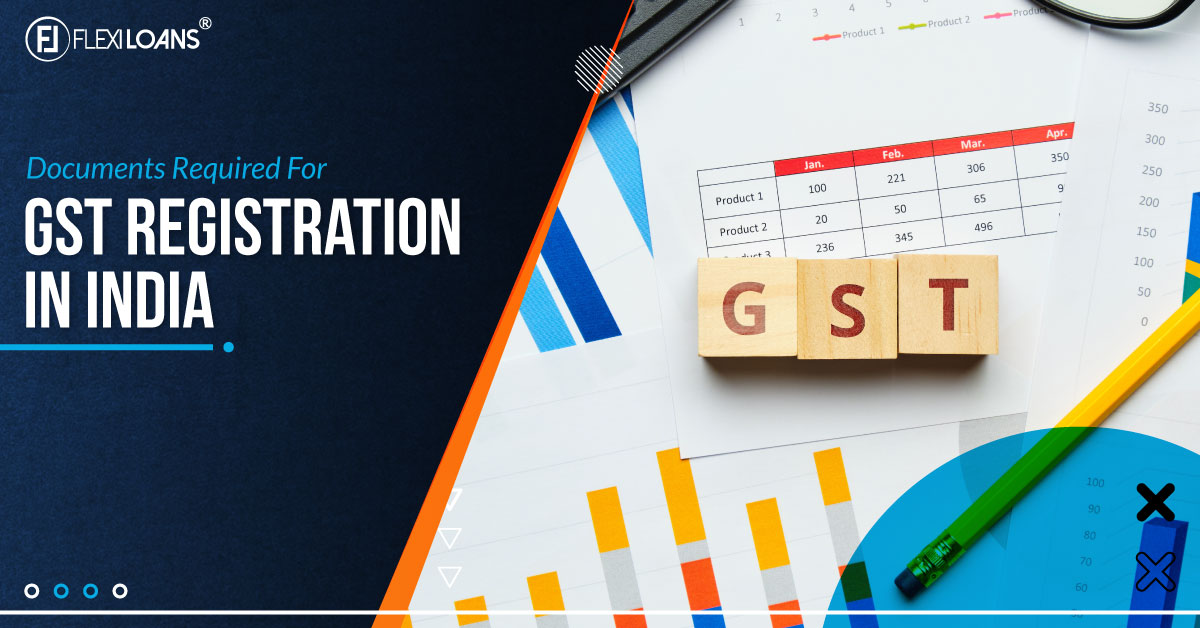Streamlining Your Singapore GST Registration: A Comprehensive Strategy
Streamlining Your Singapore GST Registration: A Comprehensive Strategy
Blog Article
The Ultimate Overview to Streamlining the GST Enrollment Process and Demands for Local Business Owners

Comprehending GST Basics
To understand the fundamentals of the Goods and Provider Tax Obligation (GST) system, little company owners must initially comprehend its underlying principles and implications. GST is a value-added tax levied on the majority of items and services for domestic consumption. It intends to enhance the taxation procedure by changing numerous indirect taxes enforced by the state and central federal governments. Under the GST regime, organizations are required to sign up and accumulate tax obligation in support of the federal government, making sure transparency and conformity.
Among the crucial principles of GST is input tax obligation credit history, which allows services to assert credit report for taxes paid on their purchases. This mechanism protects against the cascading impact of tax obligations and promotes effectiveness in the tax obligation system. Furthermore, GST is a destination-based tax, indicating that the tax obligation is levied at the point of intake instead of the point of origin. This makes sure reasonable circulation of tax profits amongst states based upon where the goods or services are taken in. Recognizing these basic principles is critical for local business owners to navigate the complexities of the GST system and make certain compliance with the regulation.
Qualification Requirements for Enrollment
Having actually established a foundational understanding of GST principles, little company proprietors have to currently fulfill certain qualification requirements to wage the registration procedure. In India, entities participated in the supply of goods or solutions with a yearly accumulation turnover surpassing Rs. 40 lakhs (Rs. 10 lakhs for unique category states) are required to sign up for GST. Furthermore, particular businesses such as those included in inter-state supply of items, informal taxed individuals, and those required to pay tax under the reverse fee device should register for GST irrespective of their turn over. Organizations that were signed up under the previous tax program (VAT, service tax obligation, etc) are also mandated to sign up under GST. Agricultural businesses that just provide produce out of main production are exempt from GST registration. It is vital for company owner to very carefully examine their qualification based upon these requirements to guarantee conformity with the law and avoid any kind of fines for non-compliance.
Files Required for GST Registration

Simplified Enrollment Refine Steps
Complying with the collection and confirmation of the requisite documents, the enrollment procedure for GST can be navigated via a collection of simplified actions designed to help with effective compliance for small company proprietors. Upon effective confirmation, an Application Reference Number (ARN) is issued, indicating the completion of the GST registration process. By adhering to these streamlined actions, small service proprietors can properly sign up for GST and ensure conformity with tax laws.
Tips for Ensuring Conformity
To preserve governing adherence and functional stability, thorough oversight and proactive measures are pivotal in making sure compliance with GST requirements for small business owners. Little organization owners have to stay updated with GST regulations, filing due dates, and any kind of adjustments in tax obligation rates to prevent penalties and maintain a great standing with tax obligation authorities. Going to GST recognition workshops or training programs can improve understanding and compliance with GST regulations, eventually benefiting the organization in the lengthy run.
Conclusion
In final thought, tiny check here service proprietors must comprehend the fundamentals of GST, meet the eligibility criteria, collect necessary papers, and comply with the streamlined registration process steps to guarantee conformity. By streamlining the GST registration process and requirements, local business owners can prevent penalties and operate their businesses efficiently within the legal structure - Singapore GST Registration. It is crucial for local business owners to remain compliant and informed with GST policies to keep a successful business operation
Tiny organization owners looking for GST registration must guarantee they gather and send the needed documents to complete the enrollment process effectively. The documents required for GST enrollment commonly include evidence of business registration or incorporation, FRYING PAN (Irreversible Account Number) card of the company address, entity and identification proof of the promoters/partners/directors, photos, address proof of the location of organization, bank account declarations or terminated cheques, and authorization forms. Participating in GST awareness workshops or training programs can improve understanding and conformity with GST regulations, eventually profiting the organization in the long run.
By simplifying the GST enrollment procedure and requirements, small service proprietors can stay clear of penalties and operate their services efficiently within the lawful structure. It is essential for small business proprietors to stay certified and educated with GST regulations to maintain a successful company operation.
Report this page